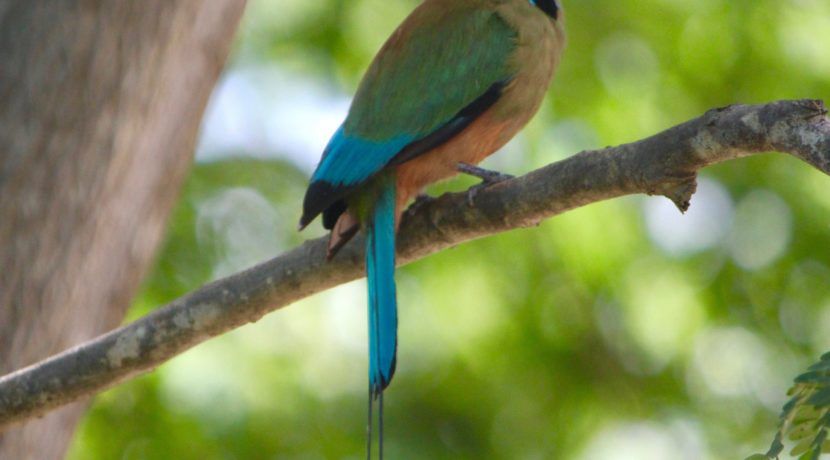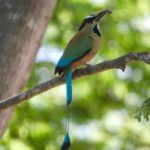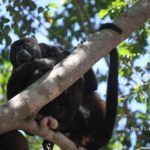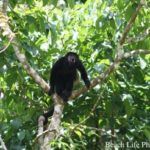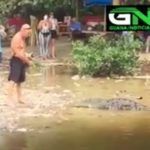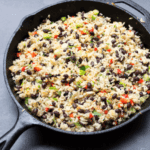Please Do Not Feed the Animals
By Rob Goodell
You may have seen on the news recently a story about a gentleman that goes by the name of “Canadian Mike” that has caused outrage by his refusal to stop feeding a resident 7-foot crocodile despite urging from local residents. He has sin
ce had charges brought against him from the Costa Rican environmental agency MINAE who is in charge of protecting this country’s most important resource, its wildlife. MINAE has since been trying to capture and relocate the animal as it has been reported that the crocodile has recently taken a few pets and now is considered a danger to people as well.
Why shouldn’t we feed wildlife? While one can understand the desire to feed wild animals, there are many good reasons why you should not. First of all, feeding wildlife makes them loose their fear of human beings. In the instance of the crocodile, associating food with humans for an apex predator can cause some serious problems. Povlav’s dog, anyone? It is important with other less aggressive species as they will take on the habit of “Panhandling” for food which can cause them to become a nuisance and, in some cases, a public safety risk.
Another important reason not to feed animals is somewhat common sense. People food is not a part of a wild animal’s diet. For instance, the most common monkey in this region is the Howler which studies have shown feeding them bananas can result in the adults having severe intestinal problems and babies can have their stomachs explode, literally. Basically, human food it not what the animals need for their nutrition and in some cases, it can be quite toxic.
Feeding animals from the road side can also be detrimental to wildlife. I see this all the time. People will see Coatee on the side of the road, pull over and start feeding them potato chips or whatever food they can lay their hands on. Coatee are a raccoon like animal that shows little fear of humans and by no means will ever pass up a free meal. This is dangerous as animals can easily be hit by moving vehicles and when taunted, can cause severe injuries with their rather long, sharp claws. Not to mention, being parked in the road around a blind curve is an obvious way to cause a major accident. Plus, the animals consider the road as a type of dinner table. Please, don’t do this.
Wild animals that become dependent on people food can cause injuries or spread disease. Handing out food can cause concentrations of wildlife which is uncommon in their natural habit and provoking them to be put in a position of competing for food. As a result, they crowd together and fight for scraps, not to mention spread disease to other animals and humans alike.
Here’s what you CAN do to minimize unintentional food supply to wildlife (borrowed from the Humane Society Website)
• Rinse all recyclable glass and plastic containers to remove any food remnants and odors. Some animals, like skunks, can get their heads stuck in containers and wind up starving to death.
• Cut and/or crush plastic containers, and cut each ring of plastic six-pack carriers.
• Feed your pets inside.
• Make sure plastic food wrap is rinsed and secured in a tied bag or securely covered garbage can.
• When visiting parks and similar settings, clean up after yourself and follow the rules regarding wildlife. Encourage others to do the same.
Long story short, feeding wildlife is not doing them any favors. So if you really love wildlife, shoot them, with a camera, from a distance…..
